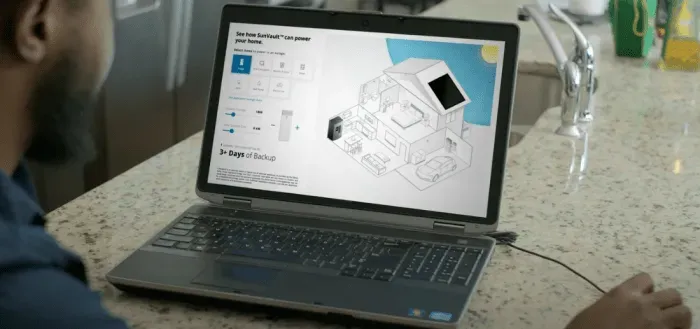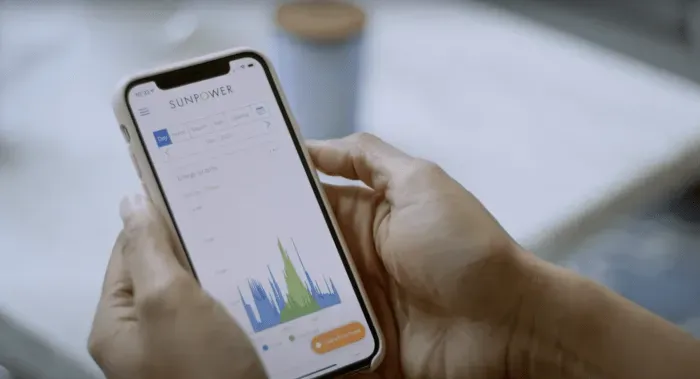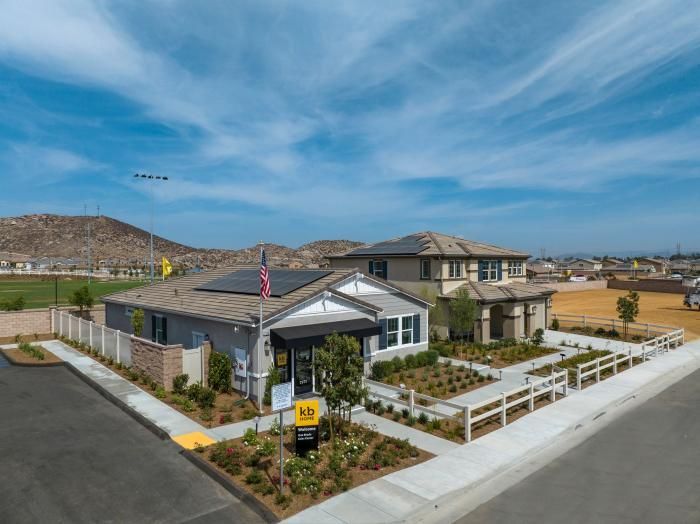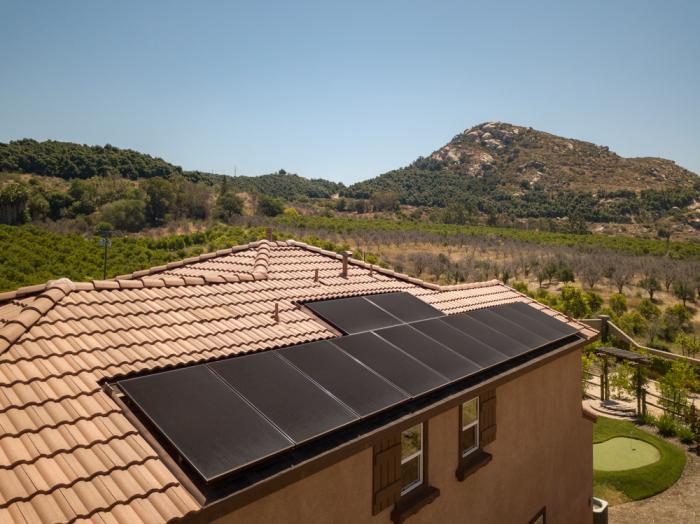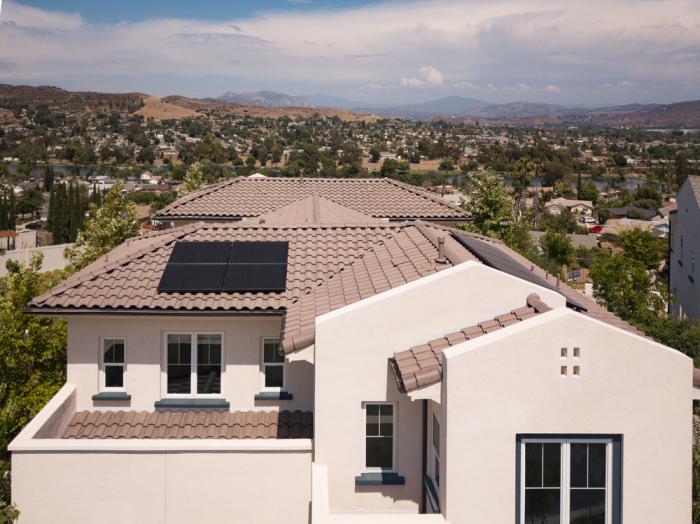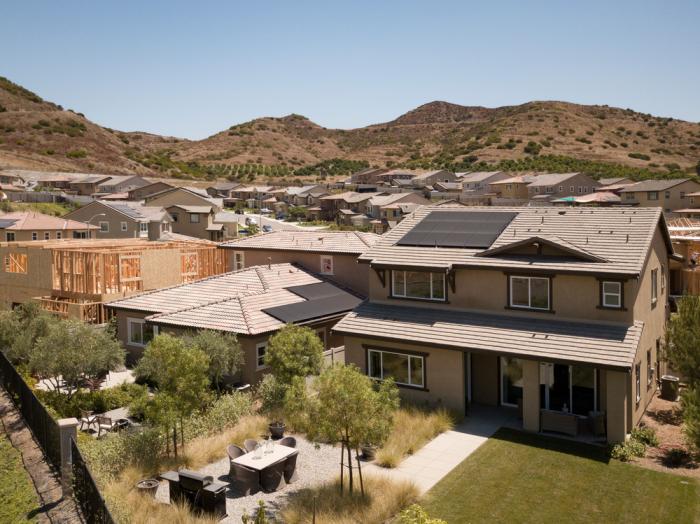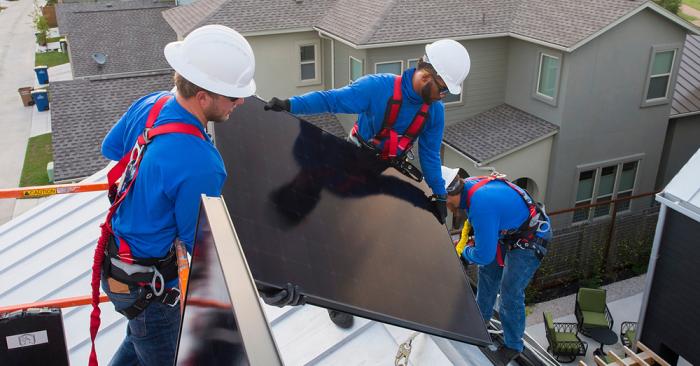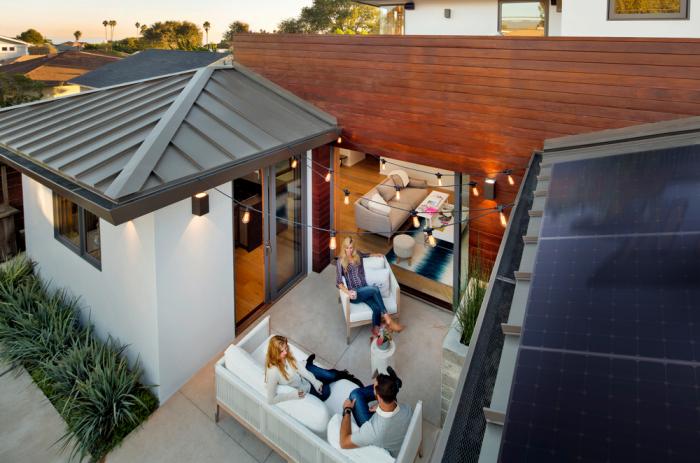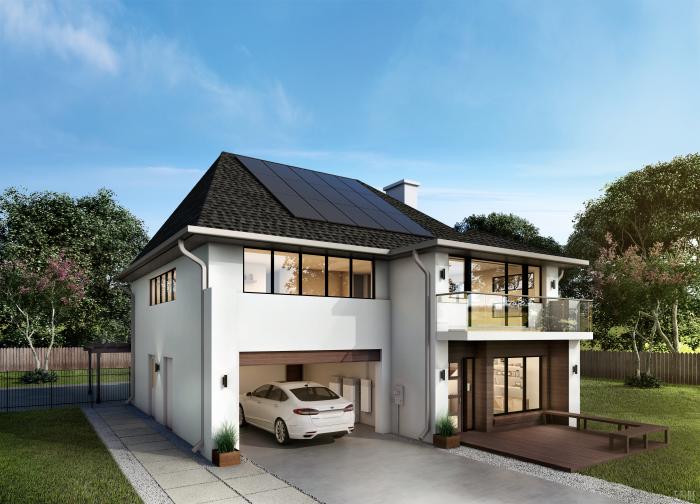Can You Add Solar Panels to an Existing System?
Can You Add Solar Panels to an Existing System?
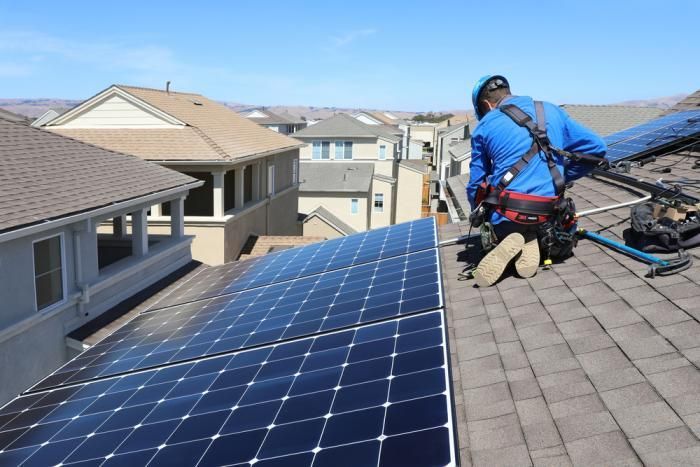
Home energy needs change over time. While your solar system was likely sized to meet your energy usage when it was installed, many homeowners find that expanding their solar system can be a helpful way to further decrease their utility bills. Here are a few frequently asked questions about adding solar panels or storage to existing home solar systems to keep in mind as you consider expanding.
When should I add solar panels to my existing solar system?
If you’ve had any significant lifestyle changes in your home since you first installed solar panels, chances are you may want more solar energy to meet your current needs. For example, working from home, purchasing an electric vehicle (EV) or adding a pool or home addition may lead to increased energy demand.
Those who move into a newly built home with solar pre-installed may also find it necessary to add to their existing system. Instead of basing solar system size on the homeowner’s unique needs, new homes often include a solar system sized to meet minimum requirements set by solar mandates. Once you’ve settled into your home and get a better sense of your solar energy production and energy consumption, you might want to cover more of your electricity use.
Often homeowners can determine whether they need to expand their system around one year after installing solar power. This allows time to monitor solar panel performance and utility grid usage across various seasons. If you find that your energy use is exceeding your solar energy production, you may want to add on to your system to match your current demand.
How will I know how many more solar panels to add?
A SunPower energy consultant will review your historical solar monitoring information and electricity bills to determine your current energy usage. If you know you have changes coming soon – such as the purchase of an EV – SunPower will take these factors into consideration. From this, you’ll be able to determine how many additional solar panels are recommended. Keep in mind that like most providers, SunPower has a minimum size requirement for the solar system addition.
You may also be concerned about the available space left on your roof for additional solar panels or how the overall look of the system will change with expansion. SunPower’s team will create a custom design to integrate your new and existing solar panels considering available space and optimizing location to maximize production.
Will new panels or battery storage be compatible with my existing system?
When you start the process of expanding your system, your provider will review your existing setup. SunPower solar systems are designed to last decades, replacing an entire solar system in order to add additional solar panels is a rare occurrence. Depending on the age of your home solar system, you may need or want to upgrade some components to achieve your desired expansion.
Unlike conventional solar systems, each SunPower solar panel features microinverters, making them ideal for modular design. This means that additional solar panels can easily integrate into the existing solar system and solar monitoring process. However, if your solar system is older and incompatible with your desired expansions, you may choose to replace the system altogether or run a separate system alongside your solar panels.
Do I need to stick with my original solar installer for an expansion?
When looking for a solar installer to assist with your expansion, there are benefits to sticking with the same provider that completed your original installation. Keeping up with multiple companies for customer service requests and warranties can prove tiresome. Homeowners also may value the aesthetics achieved by working with a single company that may be able to maintain a similar overall appearance when adding on new solar panels.
If your initial installation experience did not live up to expectations, or if the company you previously worked with went out of business, you are not out of luck. SunPower will work with you to ensure your unique needs are met with your solar system addition and give you confidence in your expansion experience.
I’m a solar customer in California and I currently enjoy the benefits of NEM 1.0 or NEM 2.0. Can I add onto my system without changing to NEM 3.0?
Homeowners in California can expand their solar system by 10% and still be eligible to keep the benefits of NEM 1.0 or NEM 2.0 without any changes. Existing customers are grandfathered into these programs, allowing you to continue to enjoy the full 20 years of NEM 1.0 or NEM 2.0 benefits from your solar installation. It’s important to note that your grandfathering start date for this 20 year period is the Permission to Operate date from your original solar installation, not the date of your solar system expansion.
Most homeowners don’t know what their energy needs will be in 10 years. Having the option to add additional solar panels or battery storage to your system down the road can give you the peace of mind that you’ve invested in a home solar system that benefits you now and in the future.
This post originally appeared on the SunPower Resources Blog
Are You Missing Out on Solar Power? Get started online or call us for a free quote 1-833-786-6878


